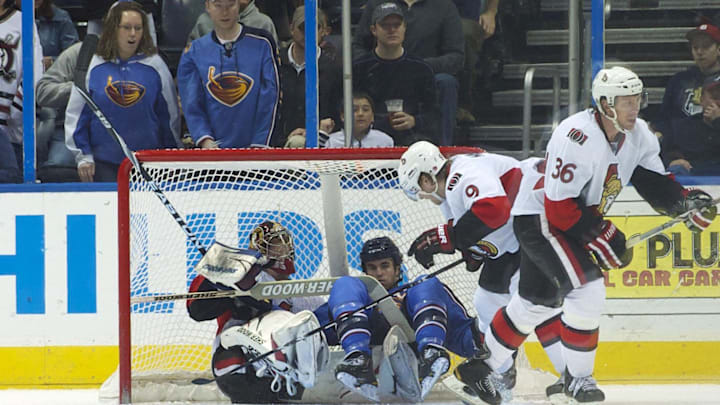Minnesota
Another one of the 1967 expansion teams was to relocate and replace a team in the 1990s wave of NHL expansion in Minnesota.
The Minnesota North Stars owner Norm Green moved the team to Dallas to become the Dallas Stars after not securing a new arena and amid dwindling attendance and financial problems.
The NHL would return to Minnesota with the Minnesota Wild, who were announced as an expansion team in 1998 and began play in 2001.
The one ice product of the Wild has been good, but not good enough. In 23 seasons the Wild have qualified for the playoffs 13 times. They never made it past the conference finals, won a President’s Trophy, or reached the cup final, a feat the North Stars did twice.
The Wild’s greatest success has been its branding and leaning heavily into the “state of hockey” distinction.
The Wild hosted the 2022 NHL Winter Classic, but their greatest victory might have been their success in landing two of the NHL’s greatest post-lockout free agents Ryan Suter and Zach Parise in the 2012 off-season.
Both were from Minnesota and fit the “state of hockey” brand perfectly while leading the team to six straight playoff appearances.
